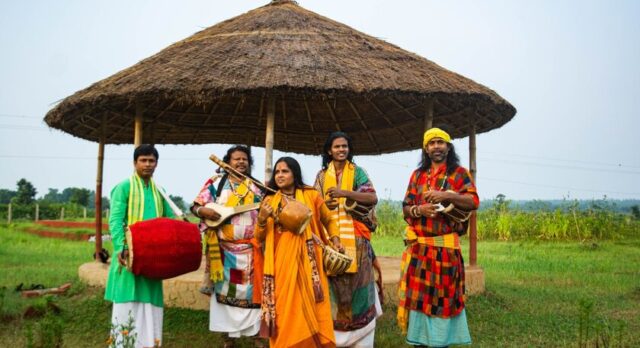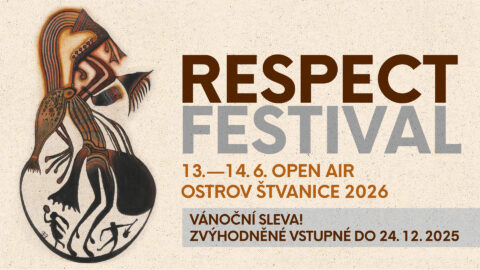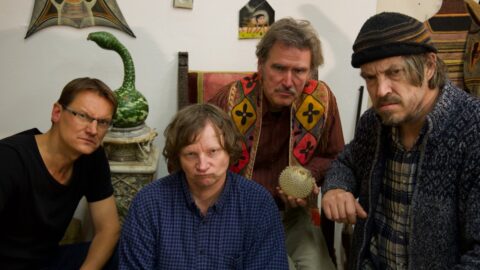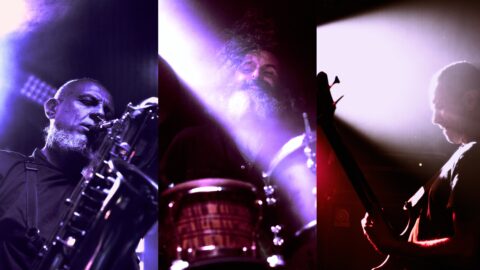The world is fascinated by Sufi music that challenges Muslim authority and uses trance to open the gates of knowledge. The Bauls go even further, putting tolerance above spiritual differences. Their faith draws on Buddhism, Sufism and Hinduism and rejects religious institutions on principle. The first lady of the genre is Rina Das Baul, a player of the ektar, a one-stringed but sonically and visually imposing instrument. Since her youth, she has been fascinated by the richness of sound colours that can be created with a single string. With her group Rangamatir Baul, she has gained international respect at a number of festivals, including the Womex show in Porto in 2021. The word "baul" means possessed, enchanted with a sacred spell, or just plain crazy. In reality, Bauls are completely free people with deep feelings, unbound by authority. Experts say their philosophy parallels that of the hippies. A Baul song similar to Lennon's Imagine was even written 150 years ago, and Lennon himself was inspired by the Bauls.
The Baul tradition originated in Bangladesh and in neighbouring Bengal, which is part of India. The Bauls, brightly dressed with saffron yellow predominating, accompany themselves on simple instruments, singing in marketplaces, on trains, wherever there are listeners. The writer, poet, musician and visual artist Rabindranath Thakur (1861-1941), the first Nobel laureate from the Indian subcontinent, introduced Baul thought to a global audience. He by the way wrote the national anthem of India and Bangladesh, which is directly based on a Baul melody, besides inspiring the anthem of Sri Lanka. Baul culture also infiltrated European contemporary music at summer courses in Dartington, Devon, founded in 1948 and attended by composers Karlheinz Stockhausen, Luciano Berio and Igor Stravinsky. The American beat generation poet Allen Ginsberg, inspired by Thakur’s translations of Baul poetry, went to Bengal in 1962. The singer Purna Das Baul then comes to the US, where he befriends Bob Dylan, the two even performed together in concert. The mutual affinity between the two artists is incidentally captured on the cover of Dylan’s album John Wesley Harding. Mick Jagger also meets the Baul singers in France at the time. When Purna Das Baul toured European festivals in the 1990s, he was accompanied by his son Bapi Das Baul, who later performed in Prague. Baul culture was listed as an intangible cultural heritage by UNESCO in 2008.





















